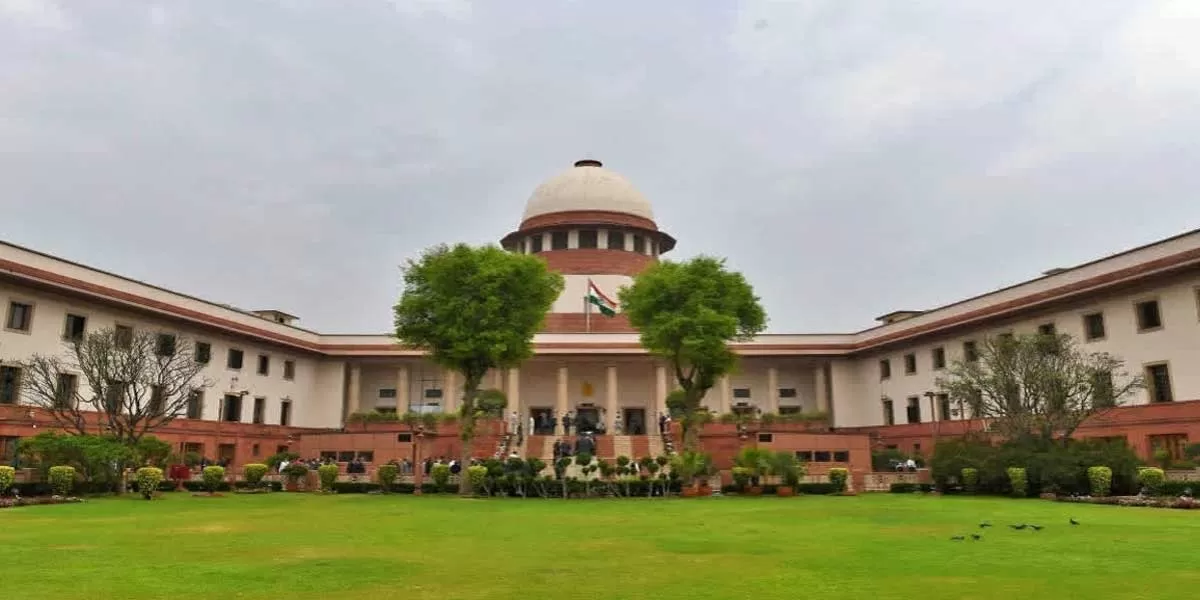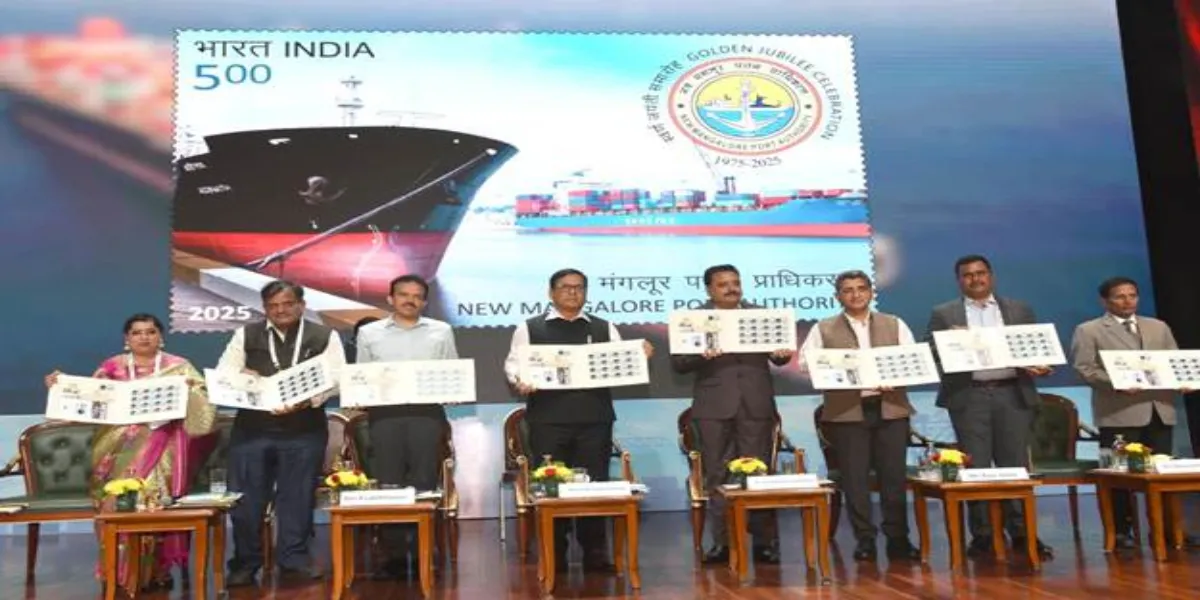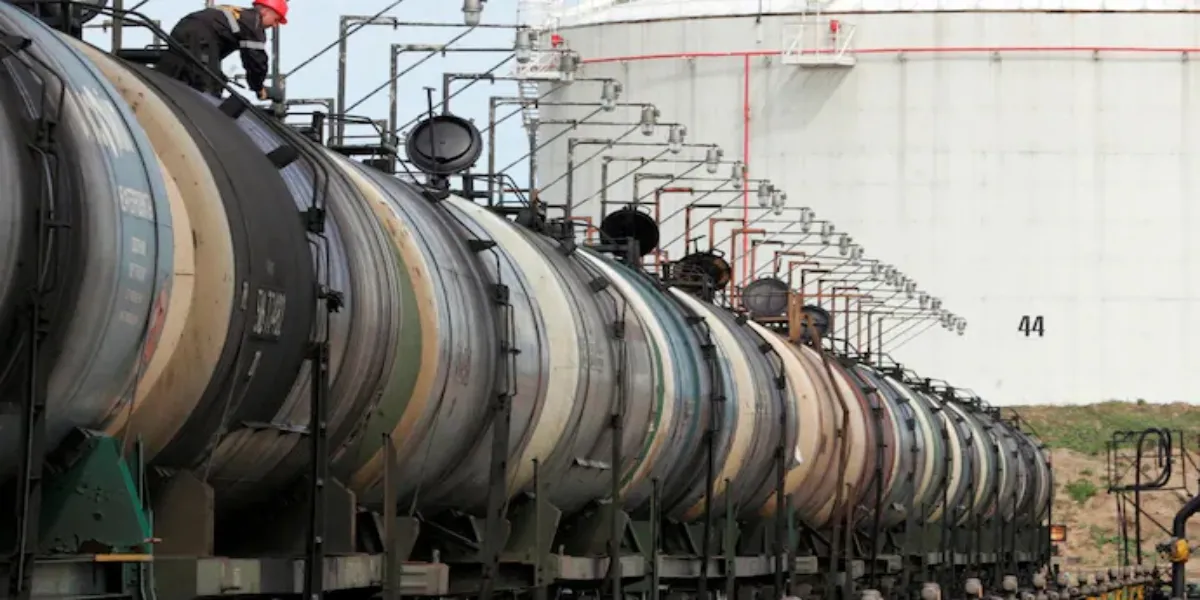

Sonowal Unveils Eight Projects at NMPA’s Golden Jubilee
Union Minister for Ports, Shipping and Waterways, Shri Sarbananda Sonowal, inaugurated the Curtain Raiser Ceremony of the Golden Jubilee Celebrations of the New Mangalore Port Authority (NMPA) at Bharat Mandapam. To commemorate the milestone, he unveiled eight major maritime infrastructure projects designed to strengthen India’s port network, enhance logistics performance, and promote sustainability. These include a modern cruise terminal, new covered storage facilities, a 150-bed multi-speciality hospital, expanded truck terminals, and improved port access infrastructure aimed at enhancing..

India To Boost US LPG Imports, Cut Middle East Reliance
India is planning to reduce imports of liquefied petroleum gas (LPG) from the Middle East as state-owned refiners prepare to ramp up purchases from the United States, according to sources familiar with the matter. The move aligns with New Delhi’s efforts to expand energy cooperation and secure a broader trade deal with Washington. State refiners have already notified their traditional LPG suppliers in Saudi Arabia, the United Arab Emirates, Kuwait and Qatar of the potential reduction in imports. Although the exact size of the supply cut was not disclosed, earlier reports suggested that Indi..

UK Sanctions Nayara Energy in Crackdown on Russian Oil
The United Kingdom has announced fresh sanctions on 90 entities, including Indian refiner Nayara Energy Limited, in its latest bid to curb Russian oil revenues and weaken President Vladimir Putin’s war funding. The sanctions, unveiled jointly by the Foreign, Commonwealth and Development Office (FCDO) and the UK Treasury, aim to disrupt networks supporting Moscow’s crude exports amid the ongoing war in Ukraine. According to the FCDO, the new restrictions are intended to “strike at the heart of Putin’s war funding” by targeting firms and assets that enable Russia’s energy trade. “..
















